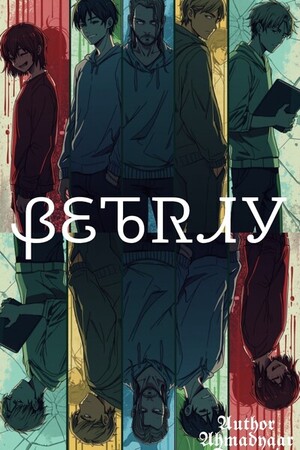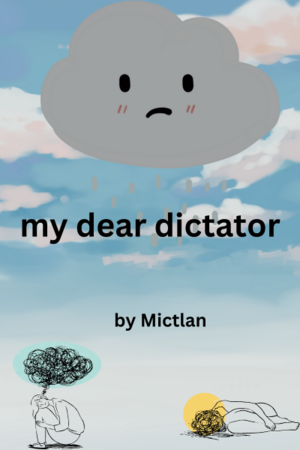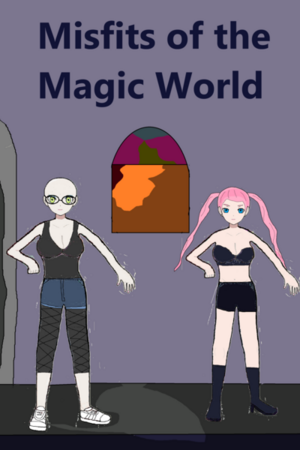Chapter 6:
Chapter 6: Visible Third Eye
Betray
It had been ten hours since Mateo handed me the timetable for the exams. I stared at it over and over, trying to memorize every detail, every possible challenge. The paper felt heavy in my hands, but it wasn’t the weight of the paper itself—it was the weight of responsibility. My mind kept circling back to what Mateo had said about the world being unforgiving to those who weren’t prepared.
I tried to focus, but my thoughts kept drifting to Mateo. Calm, composed, almost untouchable. How did he manage to remain so collected, even when everything seemed chaotic? I remembered the ability he had shown me before—the one he called the “Visible Third Eye.” It was incredible and terrifying at the same time.
Mateo’s ability allowed him to see events happening around him while he slept. But it wasn’t just some ordinary vision; it spanned from ten meters to ten kilometers, though only for one hour at a time. The first time I saw him use it, I felt as if he was everywhere and nowhere at once. It made me realize just how vulnerable I was in this world.
“Maybe I have an ability too,” I muttered under my breath, almost as if saying it out loud would make it real. But the truth was, abilities were rare, and most people hadn’t even heard of them. If I had one, it would probably be small or useless. That thought sent a chill down my spine, but I refused to dwell on it. Survival wasn’t about hoping for luck—it was about preparation, observation, and learning fast.
Days turned into weeks, and weeks into months. Seven months after Mateo and I had begun training, I could finally respond without hesitation. My body moved faster, my mind calculated quicker, but I still struggled with complex face-to-face interactions. Mateo often reminded me, “Your strength is in writing, Luar. If it’s on paper, you can understand it. In person, you must rely on instinct.”
I practiced relentlessly. Every morning I would wake before sunrise, my hands stained with ink, scribbling logic problems, observation notes, and memorization drills. Mateo would watch silently, sometimes correcting my technique, other times letting me struggle until I learned on my own.
One day, we went to the market to buy food together. I had just turned fourteen. The air smelled of bread, spices, and the faint tang of iron from the nearby blacksmith. I looked around, noting the patterns of movement in the crowd, the way merchants signaled to each other, how pickpockets would likely operate.
“I will get better and better, no matter what it takes,” I told Mateo. He gave me a small smile, proud but cautious. “Good. But remember, strength alone won’t save you. Observation and adaptation will.”
When the day of the exam finally arrived, I felt a strange mix of fear and excitement. Mateo and I entered the registration hall together, and the chaos struck immediately. People shouted, rushed, and argued. Papers flew, officials barked orders, and security guards monitored the crowd like hawks. I felt both insignificant and determined.
This was my reality now. Abilities, exams, rival competitors, and strict rules—everything I had trained for was about to be tested. And yet, despite the fear in my chest, I felt a spark of readiness. For the first time, I believed I could survive.




Please sign in to leave a comment.